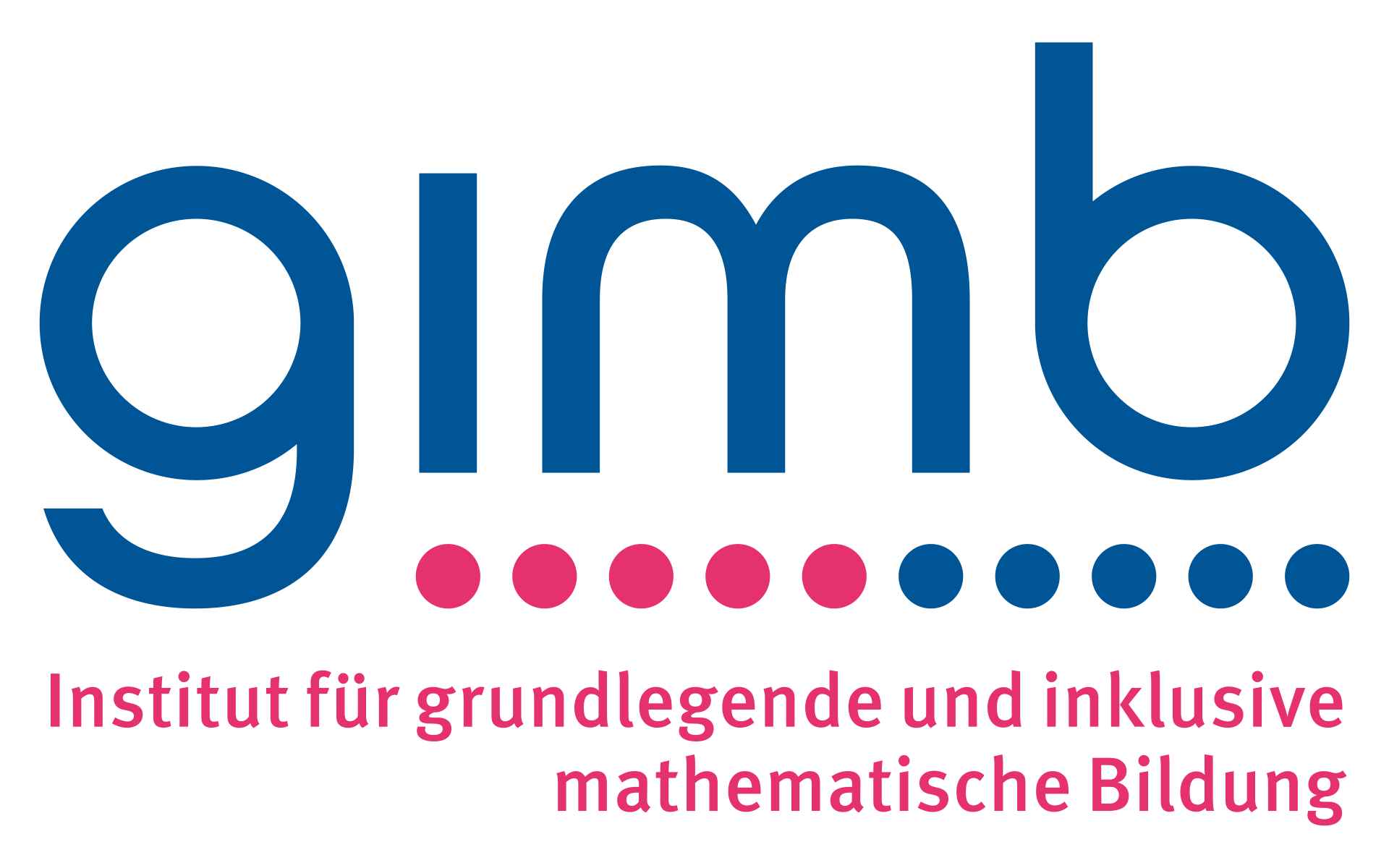Travel guide
Climate
The conference will take place in Münster, Germany. In late September/October, the average high temperature ranges from about 14 to 19°C (approximately 57 to 66°F) with overnight lows ranging from about 8 to 11°C (approximately 46 to 52°F).
It is recommended that you check the weather before you pack, and bring some layers for cold and chilly weather. Also, be aware of rainy days as there tend to be rainy days during that season.
Electricity
Supply runs at 220–240V, 50Hz AC; sockets generally require a two-pin plug with rounded prongs. Please, check whether you will need adaptors and transformers.
Currency
1 Euro (EUR; symbol €) = 100 cents. Notes are in denominations of €500, 200, 100, 50, 20, 10 and 5. Coins are in denominations of €2 and 1, and 50, 20, 10, 5, 2 and 1 cents. Credit cards are widely accepted in most shops, petrol stations, mid- to upmarket restaurants and hotels. All major credit cards are accepted, but it is advisable to carry cash as well. Cheques are very rarely used.
In common with most other Western European languages, the meanings of points and commas are exactly inverse to the English custom; in German, a comma is used to indicate a decimal. For example, 2,99€ is two euros and 99 cents. The "€" symbol is not always used and may be placed both in front or after the price. A dot is used to "group" numbers (one dot for three digits), so "1.000.000" would be one million. So "123.456.789,01" in German is the same number as "123,456,789.01" in English speaking countries.
Weights & Measures
Germany consistently uses the metric system for all measures, including road signs (kilometers/hour) and gas (price displayed is per liter).
Insurance
It is recommended that participants arrange insurance for medical expenses, loss and accidents that may occur during the Forum. The University of Münster cannot be held responsible for any losses, damages or injuries.
EU citizens that are members of any public health insurance can get a European Health Insurance Card. The card is issued by your insurance provider and lets you use the public health care system in any EU country, including Germany. If you are an EU citizen, you simply have to tell a doctor or the hospital that it goes through the 'AOK', the German state health insurance scheme. If doctors and hospitals do not accept this, go to the local AOK office and they will usually call them to confirm.
If you're from outside the EU, or if you have a private health insurance, check if your insurance is valid in Germany. If not, get a travel health insurance for the trip - German health care is expensive.
Foreign insurance, even if it covers travel abroad, may not be accepted by local hospitals, i.e. you may have to pay up front and claim it back from the insurance company (be sure to keep the originals safe.) Alternatively, you might be sent a bill in the post.
Tax and Tipping
Tax is included in prices.
Unlike in some other countries, service staff are always paid by the hour (albeit not always that well). A tip is therefore mainly a matter of politeness and shows your appreciation. If you did not appreciate (e.g. slow, snippy or indifferent service), the staff will accept that you may not want to give a tip.
Since the introduction of the Euro, a tip (“Trinkgeld”) of about 5-15% is customary if you were satisfied with the service. Nonetheless, service charge is already included in an item’s unit price so what you see is what you pay.
Tipping in Germany is usually done by mentioning the total while paying. Therefore, if for example a waiter tells you the bill amounts to "€13.50", just state "15" and he will include a tip of €1.50.
Time
The time zone in Germany is Central European Time (Mitteleuropäische Zeit, MEZ; UTC+01:00) and Central European Summer Time (Mitteleuropäische Sommerzeit, MESZ; UTC+02:00). Daylight saving time is observed from the last Sunday in March (02:00 CET) to the last Sunday in October (03:00 CEST), so that during the conference, Central European Summer Time (UTC+02:00) applies.
International time zones can be viewed at The World Clock - Time Zones Website.
Visa
Every international, non-EU traveler needs to check with their own authorities regarding travel visas for traveling to Germany. The following website might help: https://www.auswaertiges-amt.de/en/visa-service/visa-navigator/2489244
Drinking water
Tap water has a good quality, is very strictly controlled and can be freely used for consumption. Exceptions have to be labelled ("Kein Trinkwasser" = not drinking water), usually found on fountains and in trains.
For detailed information about Germany, please see http://wikitravel.org/en/Germany


